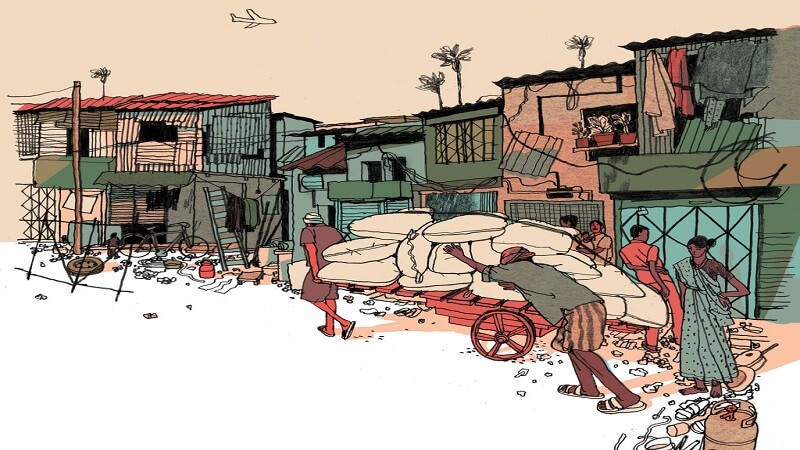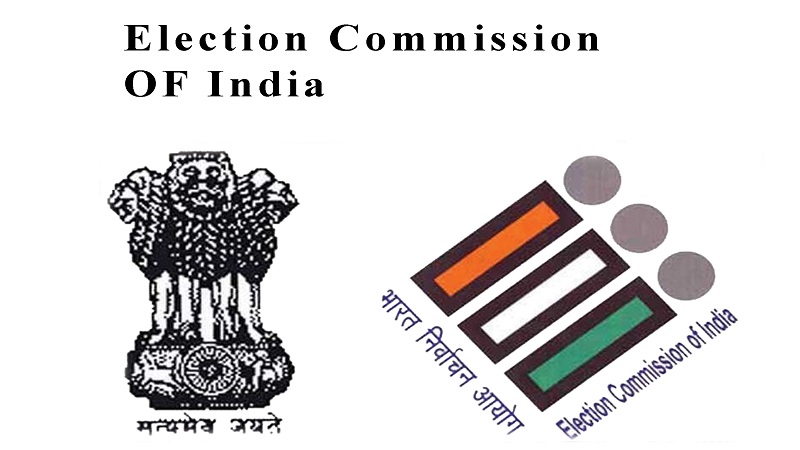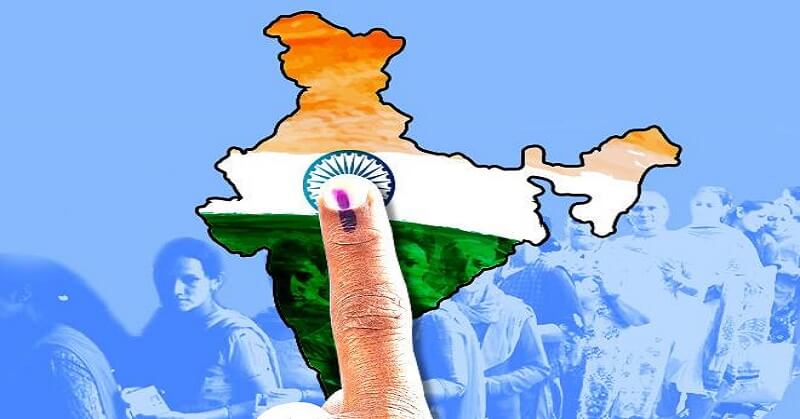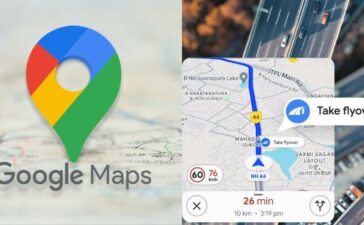Election 2019 has almost approached and there are a lot of studies and researches that are coming up. They are very moving considering the fact that the elections are just around the corner. This story is just one example of the reality about Election 2019.
The 2011 Census uncovers that India has around 400 million migrants who fill in as residential help. Present moment and occasional relocation make it hard to decide the exact number of migrants who move for better openings for work.
Migration And Loss Of Residency Rights

A huge piece of these individuals have a place with lower financial classes, and such individuals frequently get themselves dispossessed of social, social and political articulation in their place of temporary living arrangement. While their commitments to the Indian GDP is huge (a UNESCO report titled ‘Social Inclusion of Internal Migrants in India’ uncovers those inward vagrants, working to a great extent in the informal sector, add to 10 percent of the national GDP), they likewise face mind-blowing troubles in obtaining formal residency rights, legitimate lodging, instability at work, absence of a character confirmation, and absence of political portrayal.
” However, the Economic Survey of 2017 proposes that undoubtedly between 55-70 million individuals move inside the nation because of monetary reasons.”
A study titled, “Political Inclusion of Seasonal Migrant Workers in India: Perceptions, Realities and Challenges,” led by a Udaipur based NGO, Aajeevika Bureau in five Indian states found that about 78 percent of migrants do, actually, have a voter ID card. In any case, this recognizable proof is from their place of a source, and making a voter ID in the spot of goal can regularly take a ton of time because of inaccessibility of documents.
Of the 22 percent, who don’t have a voter ID, a considerable lot of them are transients who left their home when they were underneath the age of 18. Since a voter ID must be made once an individual achieves this age, numerous migrants choose to not make it due to the “pointless time and exertion it will take to return home and make the voter ID.”
“Their high mobility makes them residents of no specific place, and therefore, they pass up partaking in the main institutional component they have for voicing their opinion. A blend of all these is likewise a critical factor behind them confronting segregation based on their ethnicity, religion, sex, or potentially class.”
Bribe Market

A huge amount of migrants claim to get incentives in the form of liquor, cash, drugs and different complimentary gifts from political parties. According to a report in the Business Standard, the Election Commission of India has caught 674 crore rupees (97.2 million USD) worth of money, drugs, liquor, and gold as of March 29, 2019, before election 2019. In the 2014 General Elections, this figure remained at around 300 crore Rupees (43.2 million USD).
By giving out such bribes, political parties’ endeavor to charm migrant voters back to their homes amid races, since they structure a significant vote bank. Some political parties additionally give transportation for these voters, so they can return to their local spots to cast a vote. Rahul, an autorickshaw driver from Agra, Western Uttar Pradesh plans to proceed to make his choice in the General Election 2019.
Solutions, But Not Easy

The solutions come with their own set of difficulties. One of the first difficulties that the Election Commission faces is directing a free, reasonable and violence-free decision of such enormous extents. Think about this: In 2014, in excess of 714 million individuals were joined up with voter records throughout the country. This number is just a bit less than the number of inhabitants in the third, fourth and fifth biggest nations of the world (joined). Additionally, it is incredibly hard to keep a log of migrants, since they are quite often in a consistent condition of transit.
Another stressing pattern that we may come across if voting rights are given to migrants in their native places is the rise of xenophobic inclinations in the locals living in those regions. “Take the instance of discrimination individuals from UP and Bihar in Maharashtra, for example. There is a solid space against their existence in the state.
Doing this may additionally open up a “Pandora’s box,” wherein locals may blame neighborhood lawmakers for giving essential occupations and work chances to migrants. This could spell fate for political parties, and none of them is willing to deal with this issue.
Something else to note is that since Independence, the concentration in our nation has been on making solid, nearby characters so as to reinforce the government structure of the country. Subsequently, the making of multi-neighborhood identity has taken a back step.
Above mentioned are some issues faced by the Election Commission when the Election 2019 are on their head, but this is the sad reality that many of the citizens don’t get to cast their vote because they had to move away from their native place for better education or for better work opportunities.
Readout why this year’s Elections 2019 is different from previous elections.
Entertales is on YouTube, Click here to subscribe for latest videos and updates.














